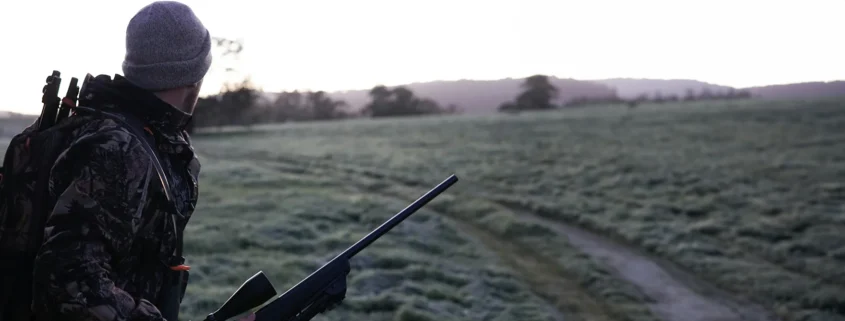4 Possible Defenses for a Hunting Over Bait Citation in Pennsylvania
November is hunting season, which also means it’s the season for hunting violations. It’s normal to see an uptick in hunting violation cases. The majority of calls we receive are about hunting over bait.
Please be aware that there is a lot of misinformation (even within the Game Commission) about baiting. First, while most game offenses are strict liability (meaning mental state doesn’t matter) baiting offenses do require a certain mental state. Second, taking an animal over bait normally leads to a minimum suspension of hunting privileges of two years.
There are four potential defenses to baiting charges:
- Defective citations—The recent Commonwealth Court cases of Redovan and Prentiss have made it clear that a hunting citation must contain enough facts to understand the charges. The Game Commission is still regularly not meeting these requirements. The law says that once a hearing begins, the citation cannot be amended, and a defective citation is fatal. Pointing out a defective citation is a great way to get an early not guilty verdict.
- Reasonable Hunter Standard—Under the Sellinger case, for a hunter to be responsible for bait, the hunter needs to know or have reason to know the bait is there. The Game Commission must prove this beyond a reasonable doubt. If the hunter did not know about the bait or the judge is unsure if the hunter knew, they are not guilty.
- Effective lure—Under the Redovan case, a hunter can only be responsible for bait if the bait is near enough to be an effective lure. In Redovan, the Commonwealth Court found that, without more, being 70 yards from bait was too far and overturned the conviction. Unfortunately, Game Wardens are not being trained about this and often cite hunters for bait that is hundreds of yards away. So, the Game Commission must prove beyond a reasonable doubt that the bait was near enough to be an effective lure. If the Judge is not certain of this, the hunter should be found not guilty.
- Taping off a baited area— While the Commonwealth Court has required this in the Redovan case, so far no other court has followed along. Cornerstone Attorney Eric Winter made this argument about half a dozen times and the courts have typically found other reasons to find in his favor. So, if a Game Warden finds bait, they are supposed to tape off the bait and the prohibited hunting area. The Commonwealth Court says that if the Game Commission fails to tape off the area and instead sets up a sting operation (which the Game Commission often does), they cannot prosecute for hunting in that area.
If you are charged with a baiting offense, please know that taking an animal over bait can lead to a 2+ year loss of hunting privileges. Also know that there are defenses to baiting. You should consult a knowledgeable lawyer for help with defending your hunting privileges.



